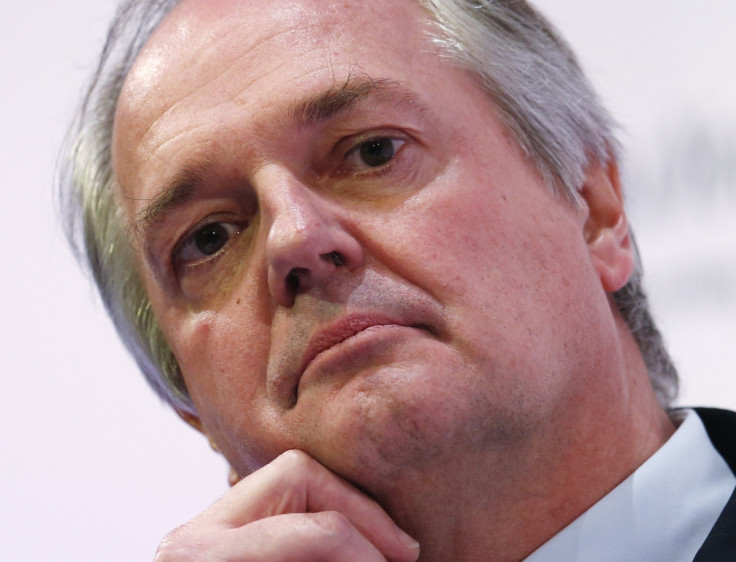Unilever CEO Paul Polman: Tackle Sustainability Challenges with a Systems-Based Approach

Before Christmas I took part in a frank and illuminating discussion with Jonathon Porritt on the need for #theBIGshift in our approach to the sustainability challenges facing us, in front of a knowledgeable and engaged audience drawn from Forum for the Future's Network.
We face big challenges. Two billion peoplelive in extreme poverty. One billion people go to bed hungry; and 200 million are unemployed – 73 million of them young people under 24.
We are rapidly approaching, if not breaching, environmental limits – not least on climate. The IPCC warns us we have spent over half of the carbon budget that gives us less than 66% chance of limiting warming to 2 degrees.
It's clear to many of us that the system is broken, and that those that recognise this have a responsibility to fix it. Forum's work on systems change, including their 'six steps to significant change', is a valuable model as we grapple with how to affect tipping points both within, and outside, our business.
I truly believe that future leaders will be systems thinkers. It is inconceivable that anyone will successfully steer companies, or countries, through our volatile world without understanding the inter-dependencies between the systems on which we depend.
I also highlighted the importance of collaboration to systems change. All the transformational projects with which we are engaged share the same characteristic of one or more companies, governments and NGOs working together towards a common aim.
And yet the world finds it hard to collaborate. Politics and vested interests can get in the way if we let them. Just a few weeks ago we had the UN climate negotiations in Warsaw. The context for these talks was stark, with the voices of those affected by the devastation wrought by Typhoon Haiyan brought powerfully to the table by Yeb Sano, the Philippine negotiator. While we badly need government leadership on climate change and other pressing sustainability issues, we can't afford to wait for it.
We need to begin now, to work across the value chain and across the systems we touch and which touch us. This is what we are doing in our own business, as well as in collaboration with others – the WBCSD's Action 2020 programme for example – catalysing global business action on a focussed list of priorities.
Our own experience is that new forms of collaborative governance offer some of the best routes to catalysing change at scale. This will never replace international architecture, which must continue to define the goals, policies and laws needed to move towards sustainable development.
But the transformative partnerships can complement this process by creating the public space and legitimacy for governments to move forward. This is what we see happening now with initiatives such as the Tropical Forest Alliance, Scaling Up Nutrition, and the increasing number of mature commodity crop certification schemes that are slowly driving change across whole industries.
There is still much to do. We are not perfect, and we do not have all the answers. But with a systems lens we will surely remain on the right path.
Paul Polman is chief executive of Unilever.
For more information about the #theBIGshift and how to get involved visit the website.
© Copyright IBTimes 2025. All rights reserved.





















